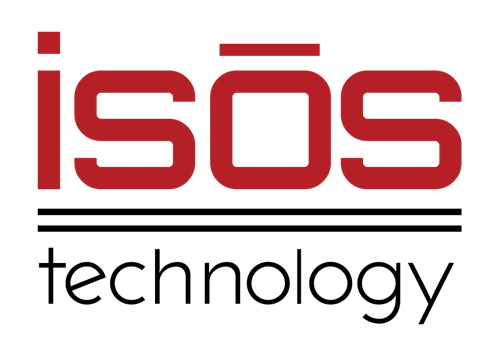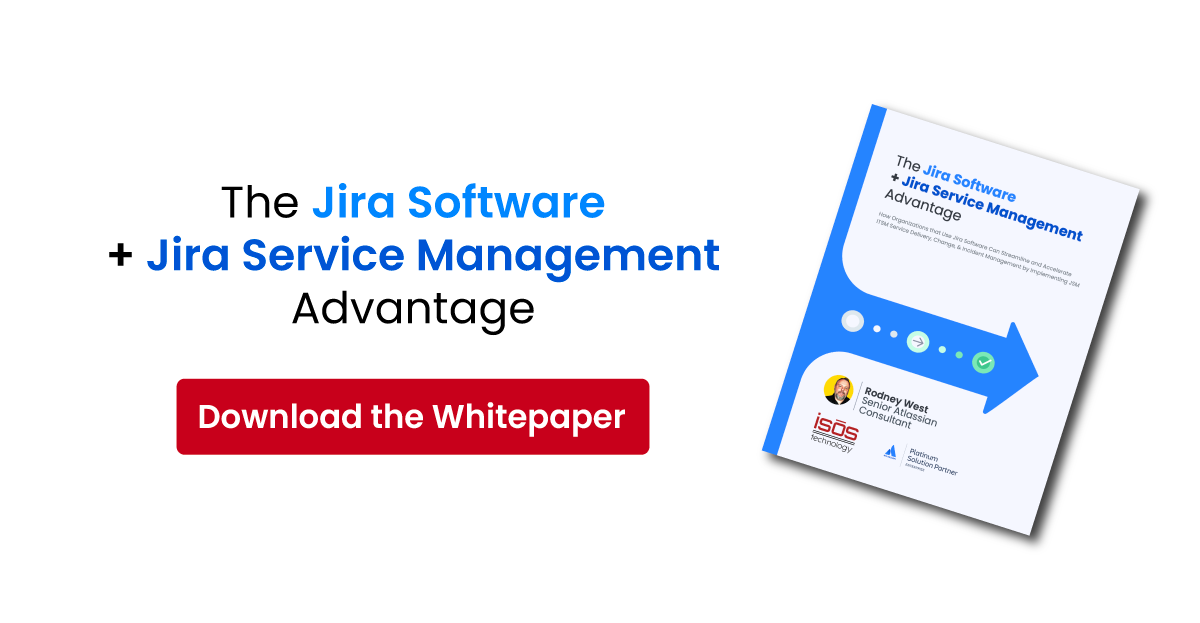 Collaboration lies at the heart of any successful project. The ability of a team to work together seamlessly and efficiently can make or break the outcome of a project. One of the most powerful tools in project management that empowers teams to collaborate effectively is Atlassian's Jira Software. This platform offers a versatile and comprehensive approach to project management and supports teams in navigating four distinct types of work within a project lifecycle.
Collaboration lies at the heart of any successful project. The ability of a team to work together seamlessly and efficiently can make or break the outcome of a project. One of the most powerful tools in project management that empowers teams to collaborate effectively is Atlassian's Jira Software. This platform offers a versatile and comprehensive approach to project management and supports teams in navigating four distinct types of work within a project lifecycle.
1. Planned Work: Navigating the Roadmap
In any project, a significant portion of the work is planned in advance. This includes defining tasks, setting milestones, and establishing project timelines. With Jira Software, teams can meticulously plan and organize their work by creating tasks, epics, and stories. The flexibility of Jira boards, both Scrum and Kanban, ensures that every planned task is seamlessly tracked, assigned, and completed in a structured and organized manner.
2. Strategic Work: Aligning with Goals
Effective project management involves aligning day-to-day activities with broader strategic goals. It's crucial for teams to ensure that their efforts are in sync with the organization's overarching objectives. This is where Portfolio for Jira comes into play. It offers a bird's-eye view of all ongoing projects, helping in resource allocation, capacity planning, and the ability to create different scenarios in a sandbox. By integrating Portfolio for Jira, teams can make informed decisions to ensure strategic objectives are met promptly and efficiently.
3. Break/Fix Work: Addressing Unexpected Challenges
No matter how well a project is planned, unexpected issues and bugs are inevitable. This is the realm of break/fix work. These unplanned challenges need immediate attention and resolution. Jira Service Management, an extension of Jira, provides a systematic approach to handle such scenarios. It allows teams to log incidents, manage service requests, and respond swiftly to ensure minimal downtime and a superior end-user experience.
4. Unplanned Work: Staying Agile and Adaptable
In the fast-paced world of project management, teams often encounter unforeseen or unplanned work. It could be an urgent client request, a sudden change in project scope, or any other ad-hoc task that demands immediate attention. Jira's flexibility enables teams to adapt swiftly. The ability to create ad-hoc tasks, address urgent matters, and integrate seamlessly with communication tools ensures that unplanned work stays within the overall project progress.
In summary, Jira Software acts as the central hub where teams can seamlessly manage, track, and collaborate on all types of work, regardless of whether it's planned, strategic, related to incident management, or unplanned. By leveraging the power of Jira Software, teams can optimize their project workflow, enhance collaboration, and ensure a smooth and efficient project lifecycle.
Are you ready to revolutionize your team projects? Embrace the power of Jira and transform the way you streamline collaborative work! Discover a new level of productivity and success for your projects with Jira Software. Get in touch today!
Sign up to receive more great content
Learn more about Atlassian and how Isos can help by signing up to receive our latest blogs, eBooks, whitepapers and more.













